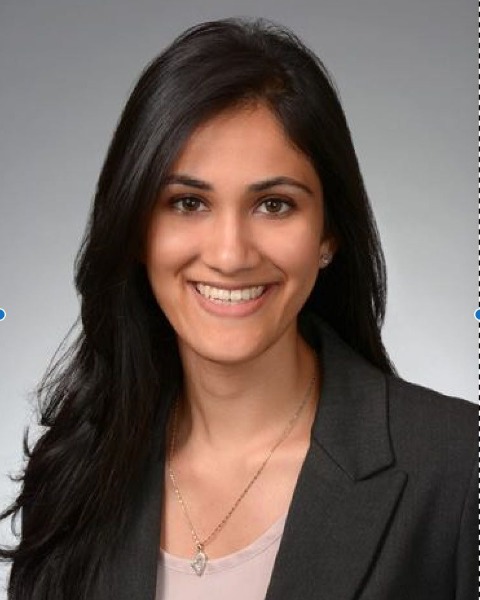Quality Improvement
V60: Assessment of Surgeon Familiarity with Newly Implemented Commission on Cancer Operative Standards

Shruti Zaveri, MD MPH
Resident Physician
The Mount Sinai Hospital
New York, New York, United StatesDisclosure: Disclosure information not submitted.
Virtual Poster Presenter(s)
In response to growing evidence that proper performance of specific operative techniques during cancer surgery is associated with improved patient outcomes, the American College of Surgeons (ACS) has implemented six operative standards for Commission on Cancer (CoC) accreditation. The purpose of this study was to assess surgeons’ familiarity with these newly adopted standards.
Methods: The Cancer Surgery Standards Program distributed an anonymous 36-question survey to surgeons at CoC-accredited cancer programs. Survey questions assessed perceptions of the standards, while quiz questions based on respondents’ specialty (melanoma, colorectal, breast, and/or lung) tested knowledge. Questions specific to techniques determined the “surgery score,” and those specific to details of the accreditation standards determined the “standards score.” Mean scores were compared using one-way ANOVA and t-tests.
Results: Surgeons (n=377) completing the survey had a wide distribution of practice type and location (32.89% at academic hospitals and 67.11% at non-academic). 72.6% indicated that the standards would have “minimal” or “no” impact on the way they currently conduct cancer operations. Overall, scores were higher for the technical aspects of surgery (84.8%) than the details of the standards (60.6%, p< 0.001). Compared to non-academic, academic practice-type was associated with higher surgery scores (p=0.004) and standards scores (p=0.04). Surgeons who were members of their institution’s cancer committee had significantly higher standards scores (p=0.05), but not significantly different surgery scores (p=0.17). Across specialties, surgery scores were consistently high (above 80%), but standards scores varied significantly (p< 0.0001), with thoracic surgeons having the greatest familiarity.
Conclusions: While many surgeons demonstrated good knowledge of the technical aspects of cancer surgery, this knowledge is not universal, and there is a clear need for greater understanding of the details of the accreditation standards. Future educational efforts should address this knowledge gap, supporting the standardization of cancer surgery and improved patient outcomes.
Learning Objectives:
- Participants will gain knowledge of the CoC operative standards for cancer surgery.
- Participants will gain an understanding of factors that impact surgeon familiarity with the CoC operative standards.
- Participants will understand future educational efforts around the COC operative standards.
